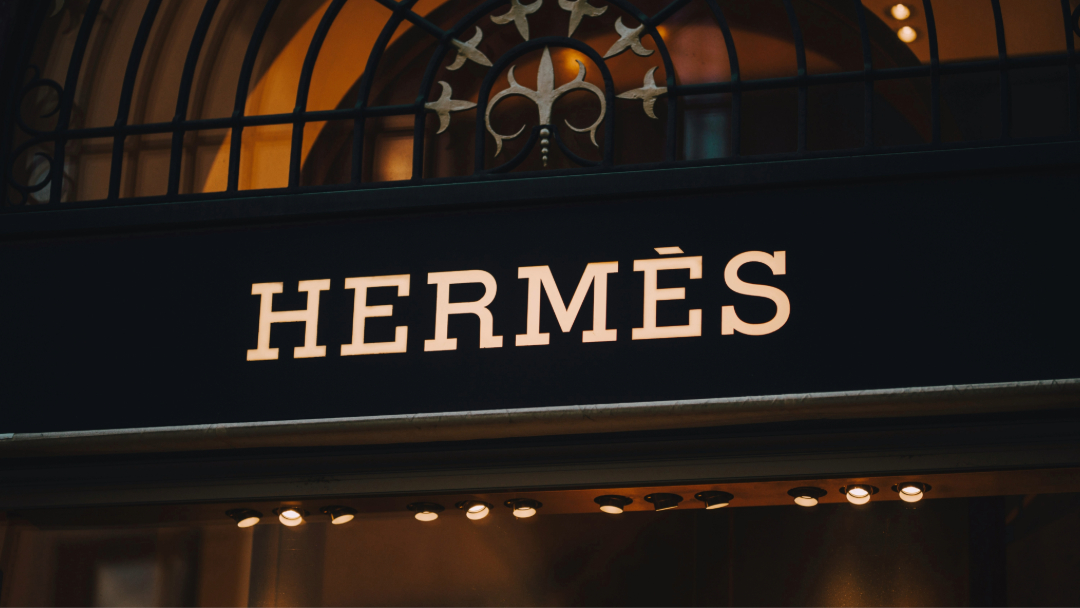Hurriyah Butt, MD of Gift Angel, an online luxury gifting service, reminds us why gifts are not only beneficial for the giver and receiver but also the brand being given.

Hurriyah Butt, MD of Gift Angel, an online luxury gifting service, reminds us why gifts are not only beneficial for the giver and receiver but also the brand being given.
While luxury spending may have been hit by the recession, on the whole consumers are reluctant to cut back on spending for special occasions. Further, it has been found that affluent consumers are the most prolific buyers of gifts, being more engaged in the giftbuying process and often buying items on impulse. For marketers, gifting represents a rare and unique opportunity to directly and personally interact two target markets at once: the gift giver and the gift receiver, creating an exponential marketing opportunity.
Gifting is the ultimate in ‘emotional consumerism’ as buyer behaviour is being driven by emotions. People buy and give gifts to build and enhance their emotional connection with the receiver. In other words, the gift itself is a means to an end and that end is to strengthen relationships. Whenever the overall objective of the shopping experience is for the customer to buy something to achieve a special sensation, there is an opportunity for marketers to enhance the experience by focusing on the action of gifting rather than focusing on the gift itself.
It can be argued that expenditure on gifts may be more valuable to a brand than other types of consumer spending due to gifts having the ability to emotionally connect people. The nature of the gifting industry presents extraordinary advantages, combining the efficiency of sampling with the credibility of word-of-mouth, thus intensifying the persuasive effect upon both givers and receivers. In this way, gifting magnifies and intensifies the marketing power to influence future shopping behaviour of both the gift giver and receiver. Additionally, if the gift is well received, it can help create emotional links to the brand itself, thus enhancing brand loyalty.
The starting point of building an effective marketing strategy is to identify the needs and desires of both the giver and receiver. Some brands, especially within the jewellery and lingerie sector, often take advantage of this. For example, De Beers with adverts such as “She knows you love her. Now everyone else will too” and the well-known “Two month’s salary” slogan have clearly recognised the desires of both gift givers and receivers. Another example is Agent Provocateur’s infamous 2009 video featuring a couple, which was themed around its products and Valentine’s day. It is no wonder then that jewellery and lingerie are frequently considered to be superior gift selections by gift receiver and gift givers alike.
But are they really superior gifts or are some brands taking advantage of the exponential marketing opportunity while others are not? Most brands realise the potential of the gift industry around seasonal holidays such as Christmas, but research has shown that only 40% of a consumer’s annual gifting budget is spent at Christmas, leaving 60% of gift spending occurring over the year. This creates an opportunity to develop relationships all year round with gift givers and receivers. Providing assistance in purchasing the perfect gift can be an invaluable service, making the consumer truly value the brand.
Increased penetration of the internet has further enhanced the potential of the gift industry. Research has shown that the internet is widely used for browsing for gift ideas as well as actually buying gifts, with online shopping results being typically highest among the top income bracket. Gift buying on the internet has grown from 17% in 2005 to 37% in 2010, suggesting that a brand’s website is more than a shop window in the gifting world. But currently, luxury goods are not leading gift categories, suggesting that there is an opportunity to capture a greater share of the gifting market. This can again be achieved by luxury brands focusing on the gifting experience rather than focusing solely of the gift. In other words, it requires focusing of the complete consumer experience.
With gifts, there is of course always the risk that the recipient will not like them. But, the sheer indulgence associated with luxury products makes them a safe option. In fact the world of luxury has the advantage of being immensely desirable and exquisite, making such products the ideal gift. Gifts are often thought of as symbols of the giver’s tastes or beliefs about the recipient. Surely then giving someone cutting edge couture, timeless jewellery or even an extraordinary holiday is evidence of your impeccable taste and the ultimate compliment for them. It is after all the thought that counts and what is more thoughtful than the creation of luxury products?
Hurriyah Butt, Managing Director, Gift Angel










